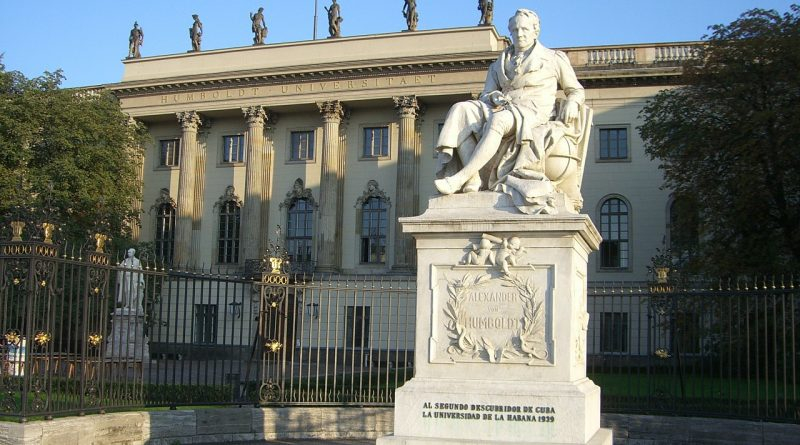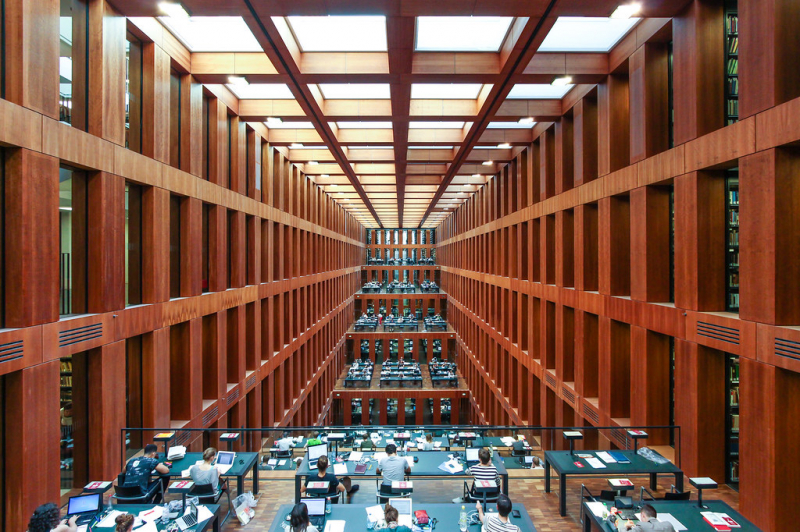Humboldt University of Berlin

The Humboldt University of Berlin, founded in 1810, is one of the most prestigious universities not only in Germany but also in Europe. It has an international reputation in the arts and humanities.
Originally known as the University of Berlin, it was granted its current name in 1949 and is named after both its founder, Wilhelm von Humboldt, and his brother, the renowned naturalist, and alumni of the institution, Alexander von Humboldt.
HU Berlin is regarded as one of Europe's forerunners in higher education. Wilhelm von Humboldt is credited for inventing a university model that emphasized a stronger interaction between research and teaching – a model that is still used in higher education institutions around the world today.
The institution's intellectual prominence is demonstrated by the fact that it has trained 29 Nobel laureates, including Max Born, who won the award for physics in 1954; Theodor Mommsen, who won the prize for literature in 1902; and Wassily Leontief, who received the prize for economics in 1973.
The German Universities Excellence Initiative, launched by the federal government in 2006, began awarding additional cash to institutions that demonstrated they were leaders in science and research. In 2012, HU Berlin was one of 11 institutions to win this funding, further solidifying its position as one of the country's top universities.
Marxism's founders, Karl Marx and Friedrich Engels, as well as author Alfred Döblin and theologian Friedrich Schleiermacher, were all graduates of HU Berlin. Composer Felix Mendelssohn was also a student there, and Albert Einstein taught there for a while.
MORE INFORMATION:
World rank: 60
Location: Berlin, Germany
Website: https://www.hu-berlin.de/en











